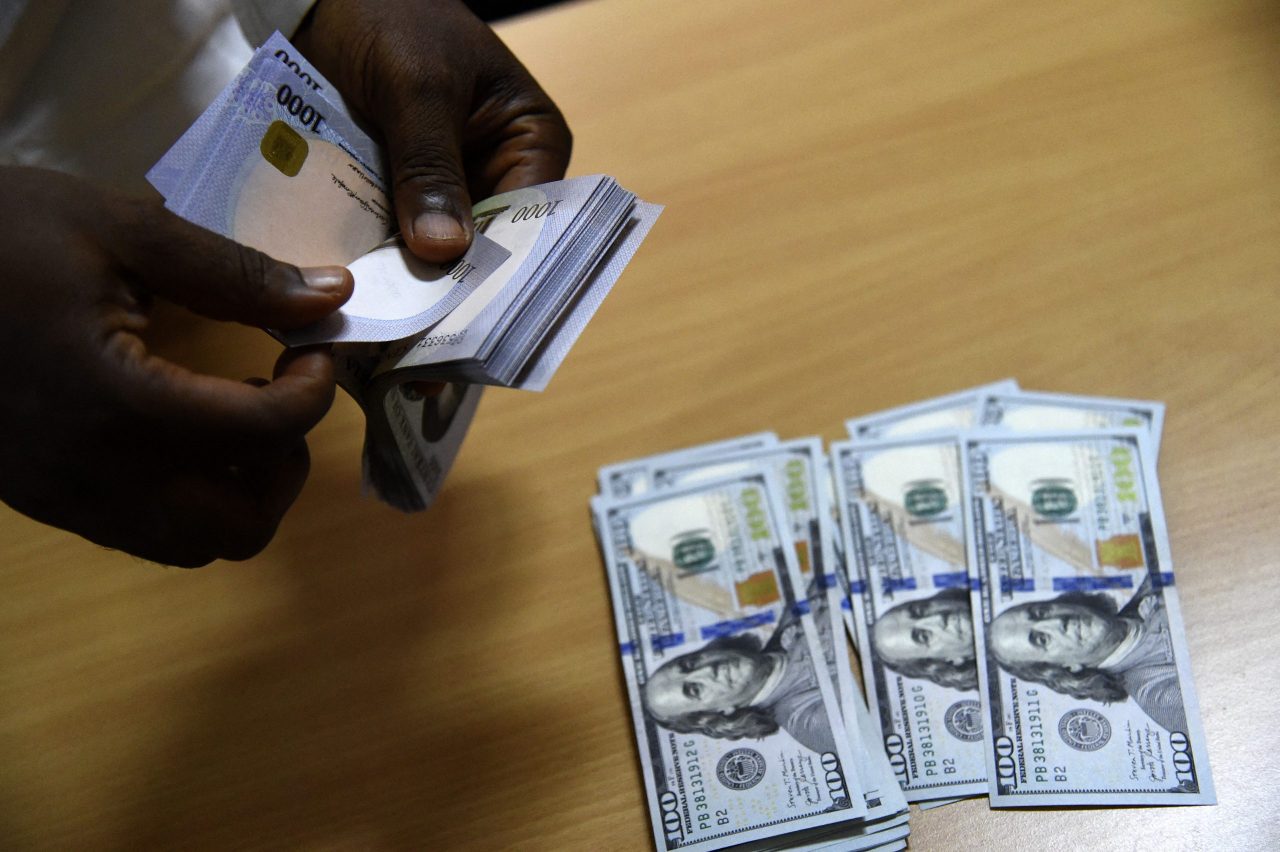
Revitalizing Nigeria: A Blueprint for Economic Renewal in 13 Steps
In the face of the ongoing Forex crisis and its severe impact on the Nigerian economy, calls for urgent and comprehensive reforms are gaining momentum.
The erosion of disposable income, exemplified by the decline in purchasing power, has sparked concerns about the long-term sustainability of the nation’s economic model. Experts argue that addressing the root causes of this crisis is paramount to reversing the downward economic trend.
Trending Now!!:
One prominent factor contributing to the economic downturn is the rent-seeker system that has taken root over the years. This system, characterized by wealth accumulation through connections, bribes, and waivers, has created an unsustainable model. Politicians, shielded from the economic realities the general population faces, benefit from contract scams and other illicit means of acquiring wealth.
To tackle these issues head-on and pave the way for a more sustainable economic future, several steps are proposed:
- National Assembly Restructuring: Transitioning to a unicameral system can streamline legislative processes and reduce overhead costs.
- Governance Overhead Reduction: Drastic cuts to the overhead costs of governance, coupled with a significant reduction in government officials’ salaries, can lead to substantial savings.
- Foreign Travel Reduction: Implementing a 60% reduction in foreign travel for government officials, including the President, can contribute to cost savings.
- Investing in Social Services: Redirecting the saved funds toward improving healthcare, sanitation, and education can positively impact the populace’s well-being.
- AI-Assisted Cost Assessment: Employing artificial intelligence for accurate project cost assessments in the budget can prevent overblown contracts.
- Promoting Indigenous Production: Encouraging the use of local materials, such as modernized clay for housing, and collaborating with small businesses to establish production zones can stimulate local economies.
- Customs and Anti-Corruption Measures: Collaborate with customs to reduce dumping and implement stringent measures to curb governmental corruption.
- Addressing Electrical Challenges: Exploring local models like multi-grid systems to address electricity challenges in production zones.
- Local Procurement Mandate: Enforcing the use of local goods for all government procurements, including a prohibition on state funds for foreign automobiles.
- Austerity Measures: Stripping governance of unnecessary luxuries and promoting frugality in public service.
- Behavioral Change Campaign: Initiating a nationwide campaign to reorient Nigerians towards the values of hard work and positive behavioral change.
- Judicial and Legislative Reforms: Overhauling the justice system and reinforcing the rule of law to ensure fairness and transparency.
- Tribal Harmony Commission: Establishing a commission to address tribal violence and foster unity among diverse ethnic groups.
If implemented effectively, this comprehensive plan aims to yield visible signs of economic recovery within the next five years. Nigeria can strive towards a more prosperous and sustainable future by addressing systemic issues and promoting responsible governance.

